How To Prepare For Aging | Healthy Aging Series: Part 3
Regardless of your age, begin preparing for aging right now. Honestly, it’s that simple. Do the things that you need to do to be healthy now. Here is what I say:
In order to prepare for the last 10 years of your life,
you’ve got to start preparing for the next 10 years of your life!
In his book, “Healthy Aging: A Lifelong Guide to Your Well-Being,” Andrew Weil M.D., provides a 12-point Program for healthy aging. This program really looks like a list of things that we should all be doing now to get and stay healthy. If you want to be healthy when you’re 60, 70, or 80, then live a healthy lifestyle in your 30s, 40s, and 50s. Here is his program:
- Eat an anti-inflammatory diet.
- Use dietary supplements wisely to support the body’s defenses and natural healing power.
- Use preventative medicine intelligently: know your risk of age-related disease, get appropriate diagnostic and screen tests and immunizations, and treat problems (like elevated blood pressure and cholesterol in the early stages.
- Get regular physical activity throughout life.
- Get adequate rest and sleep.
- Learn and practice methods of stress protection.
- Exercise you mind as well as your body.
- Maintain social and intellectual connections as you go throughout life.
- Be flexible in mind and body: learn to adapt to losses and let go of behaviors no longer appropriate of aging.
- Think about and try to discover for yourself the benefits of aging.
- Do not deny the reality of aging or put energy into trying to stop it. Use the experience of aging as a stimulus for spiritual awakening and growth.
- Keep an ongoing record of the lessons you learn, the wisdom you gain, and the values you hold. At critical points in your life read this over, add to it, revise it, and share it with people you care about.
For those familiar with twelve step programs, maybe this is the 12 Steps for Aging. Look over this list. Everyone would. Benefit from doing these things right now. Aging well means doing the things now to be healthy and happy now.
Contrast Weil’s list with the following list:
- Don’t worry about what you eat. Don’t be concerned with the amount of sugar you’re eating. Don’t practice any willpower over the food you eat.
- Don’t worry about supplements. You’re young, you’ll focus on micronutrients in 10 or 20 years.
- Put your head in the sand. Out of sight, out of mind. Forget about getting screenings and assessments.
- Don’t see your doctor anymore then you need to. Forget annual or semi-annual checkups. Forget blood work. Forget breast and prostate exams. Forget colonoscopies (I actually work with people that tell me that they haven’t seen a doctor in 5 years).
- Sleep shmeep!!! Who needs sleep!!!
- Drinking helps me deal with stress.
- I’ll exercise someday. I need 150 minutes of moderate exercise a week? I’m busy. I’ll start exercising next year.
- Who has time to read and have family or friends over? I work. I come home and I’m exhausted. I need to get a break from people and thinking.
- I have a way of doing things and it’s worked for me these past years or decades. If it’s not broke don’t fix it.
- I get tired of hearing people talk about growth and discovery. What’s wrong with me now? If people don’t like the way I am then they can…
- I hate getting older and looking older. I hate what I see when I look in the mirror.
- I’m going to roll with the flow. I’ll worry about getting older when that happens. I’m probably not going to live to be old anyway. My parent didn’t get old, so I’m not going to get old.
Okay, not everyone feels this way about getting older. Many of are working hard at staying healthy and worry about getting older.
I want to help with those worries.
Weil’s list gives me a good outline. I want to fill in the blanks and share of my experience in aging.
This is part three in the Healthy Aging Series, written by Mark Neese, LCSW, BCBA. To see more entries in this series, click here.

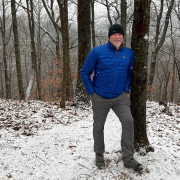
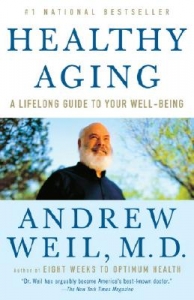
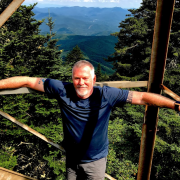
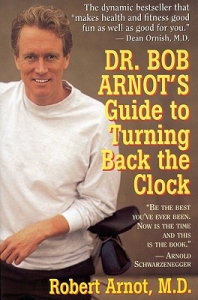
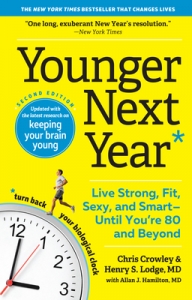
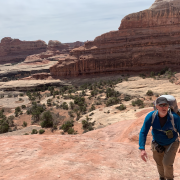
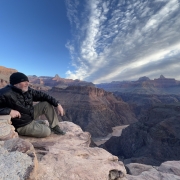
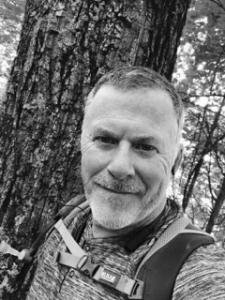 Mark Neese, LCSW, BCBA is the co-founder and co-owner of
Mark Neese, LCSW, BCBA is the co-founder and co-owner of 
